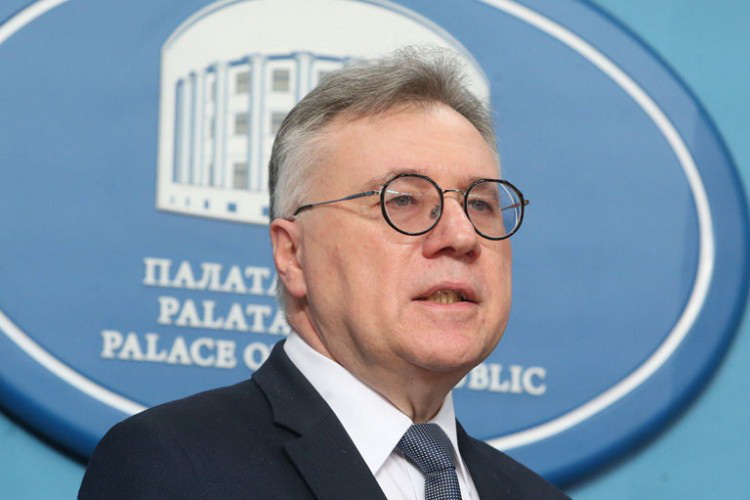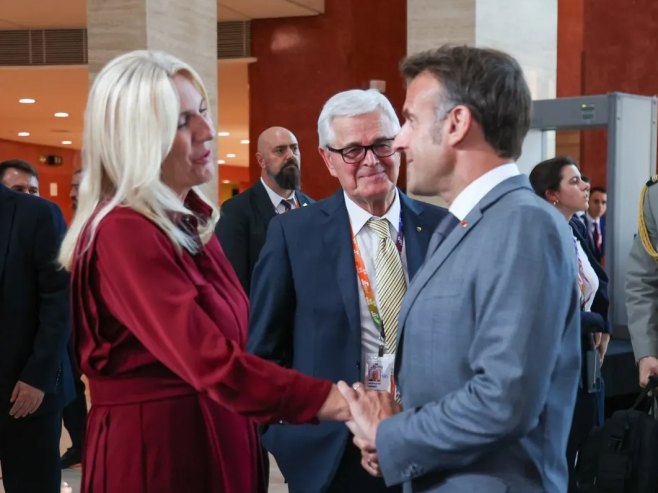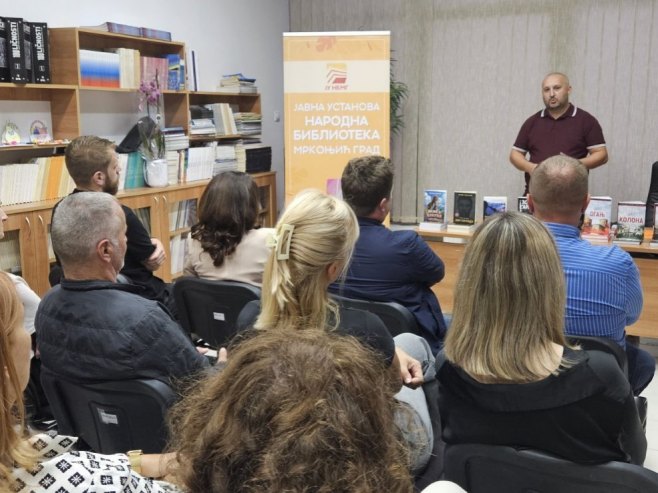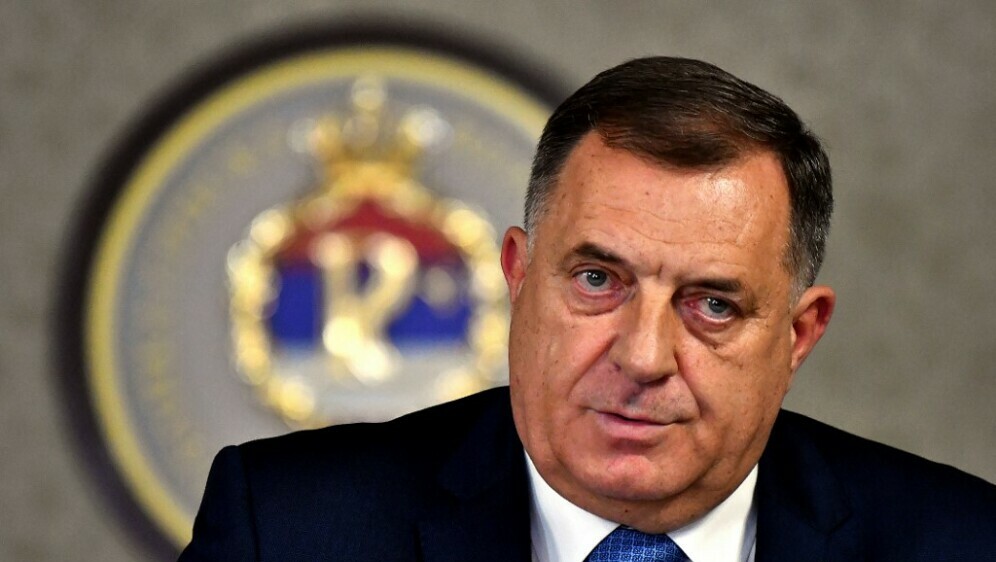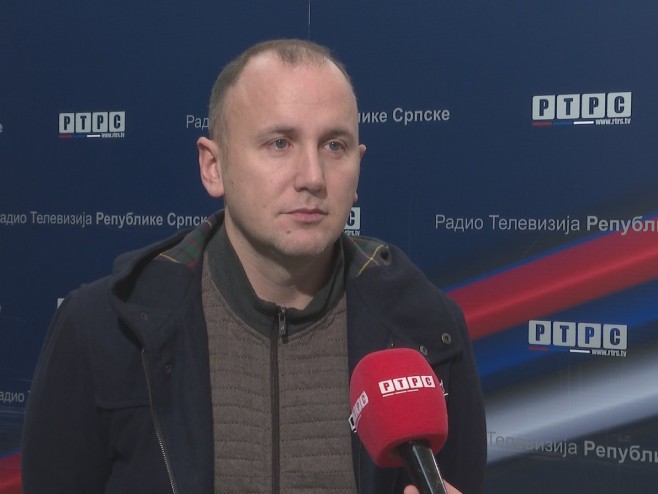A diplomatic offensive through the announced visits of the President of Republika Srpska, Milorad Dodik, and his meetings with key figures from Russia, Turkey, Hungary, and Belarus adds a new dimension crucial for the survival and stability of Srpska, according to Milos Sholaja, a professor of international relations at the Faculty of Political Sciences in Banja Luka.
“This is significant as it is evident that intensive initiatives from certain diplomatic circles in Bosnia and Herzegovina and beyond are aimed at weakening the ideas that provide stability and strength to Srpska,” said Sholaja. He added that these meetings can contribute to the position and preservation of Srpska’s interests.
Sholaja noted that recent visits by certain European and other officials to Republika Srpska, including the visit of the Minister of Foreign Affairs of Hungary, Peter Szijjarto, are important in terms of verifying the international position and support for Srpska.
He stated that the cooperation between Srpska and Hungary has evolved into a practice that, beyond politics, has manifested itself in strong economic collaboration.
“For Srpska, it is very important to have such open and widely expressed support from Hungary. Additionally, there are other countries preparing to provide more support to Srpska in some way. These countries may be a bit more cautious and have a different policy, but there are indications that there will be certain support in that regard,” Sholaja mentioned.
Earlier, President Milorad Dodik announced that in the second half of February, he will have meetings with the Presidents of Russia, Vladimir Putin, Belarus, Alexander Lukashenko, and Turkey, Recep Tayyip Erdogan. In early March, Hungarian Prime Minister Viktor Orban is expected to visit Srpska.
During a recent visit to Banja Luka, Hungarian Foreign Minister Peter Szijjarto stated that all EU member states and institutions should respect the decisions and views of the people of the Balkan countries. He also emphasized that Hungary has always been against sanctions on any politician in the region and reducing funds allocated for supporting development projects in Balkan countries.
Source: RTRS

